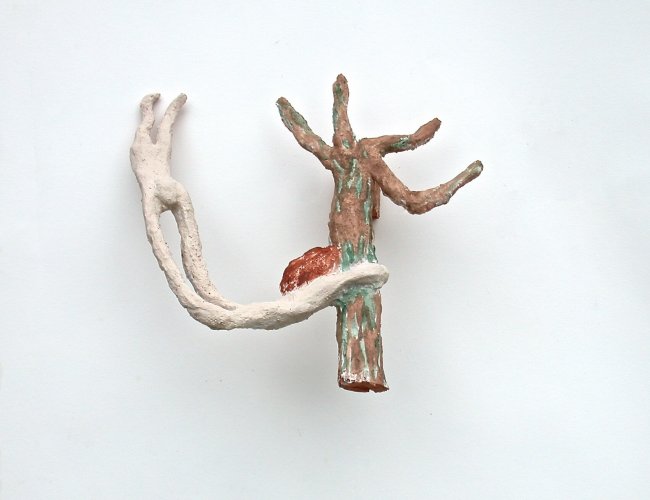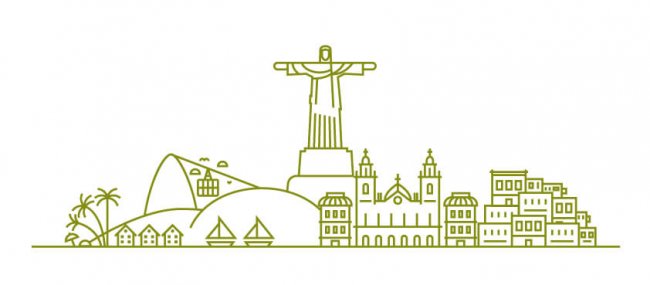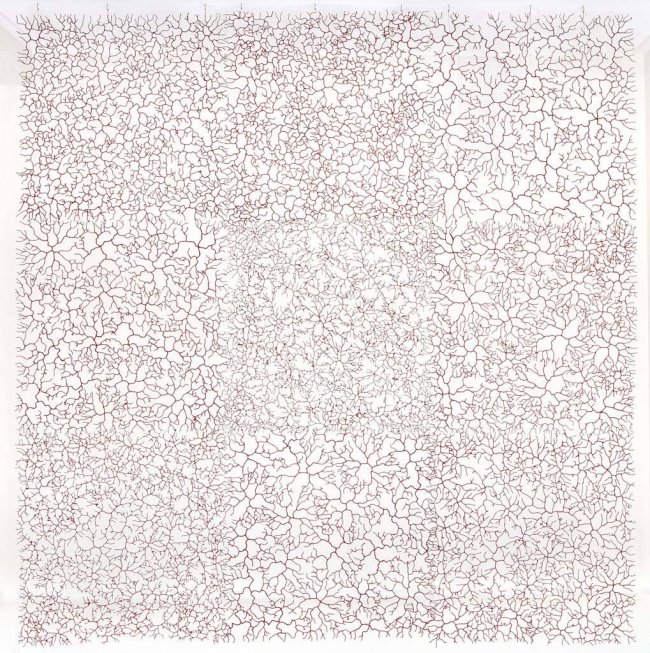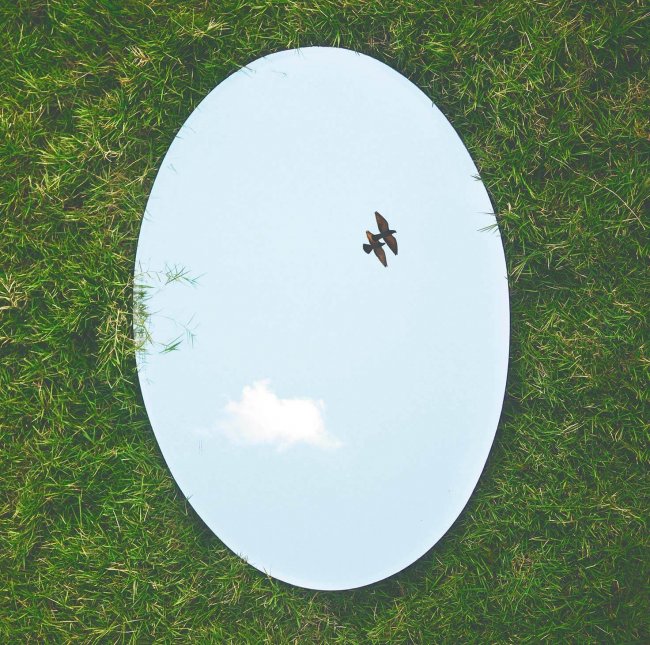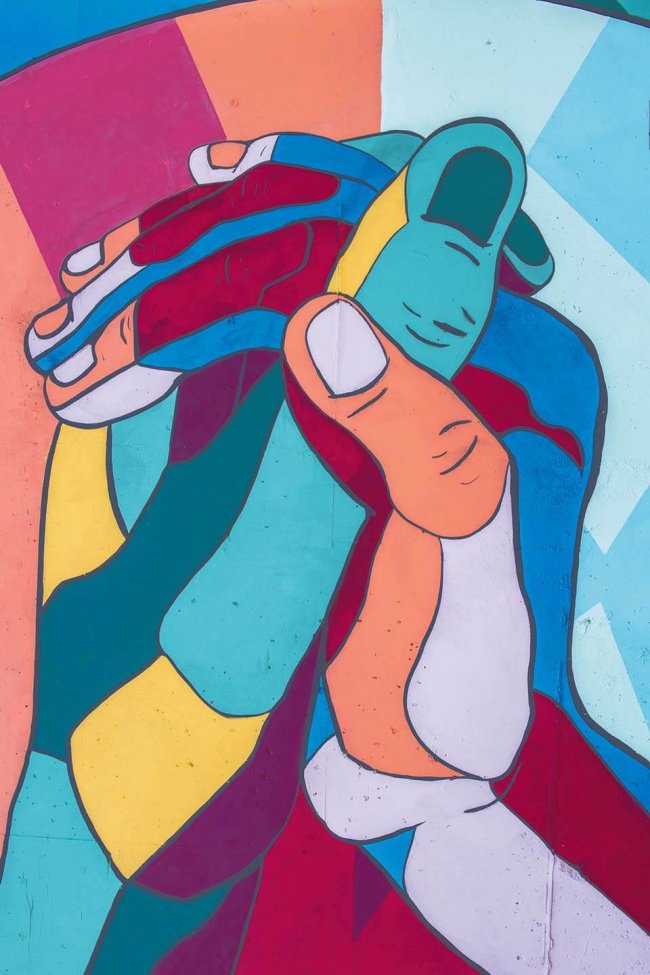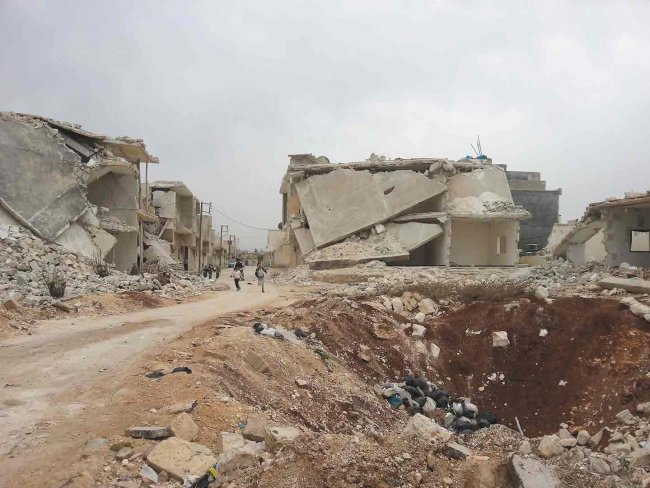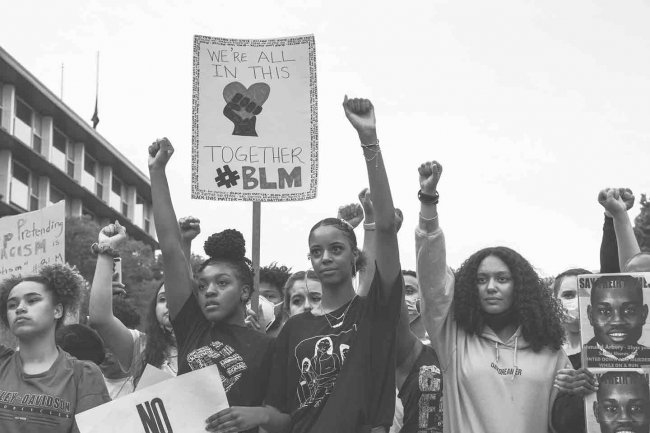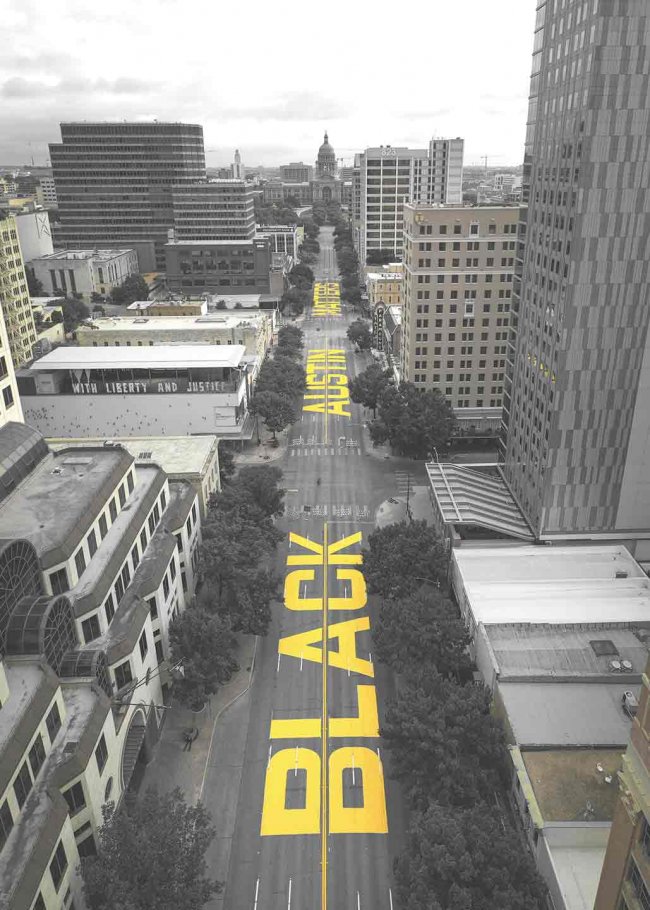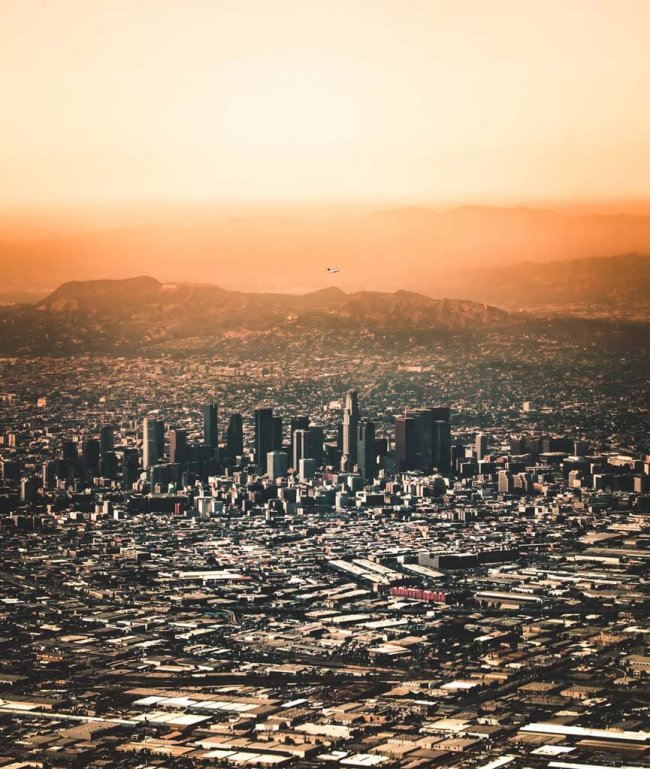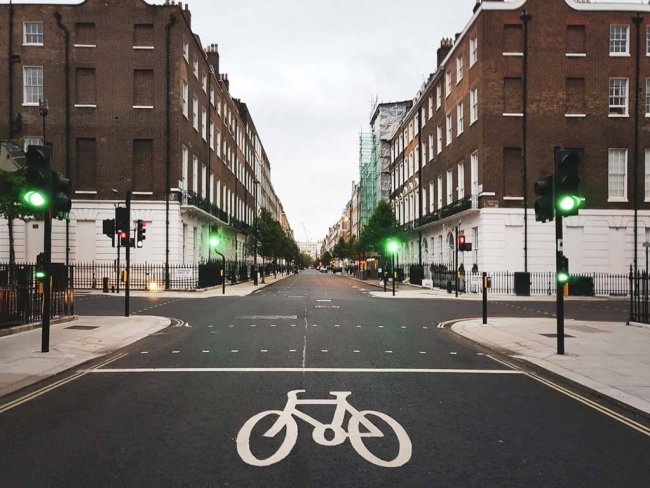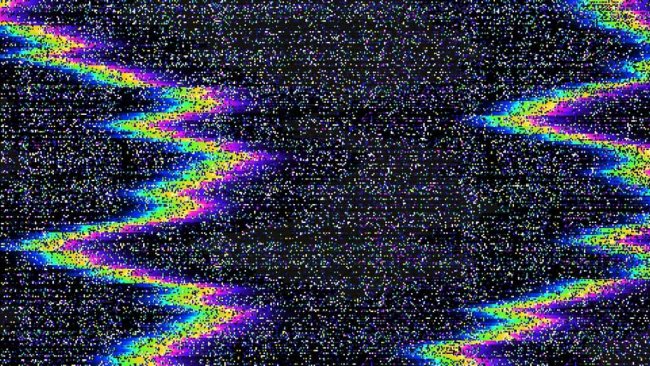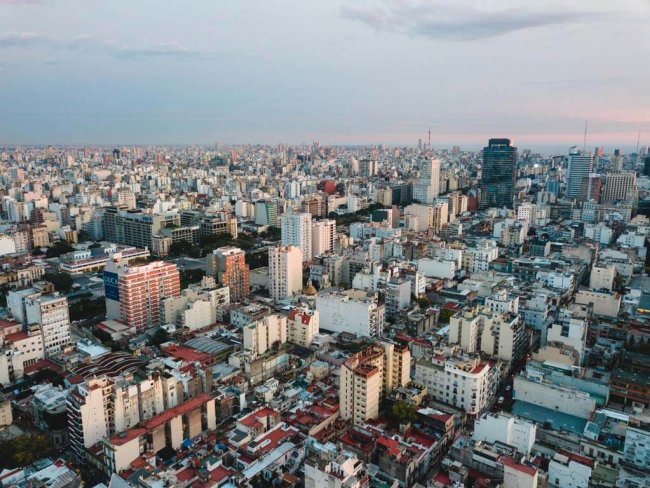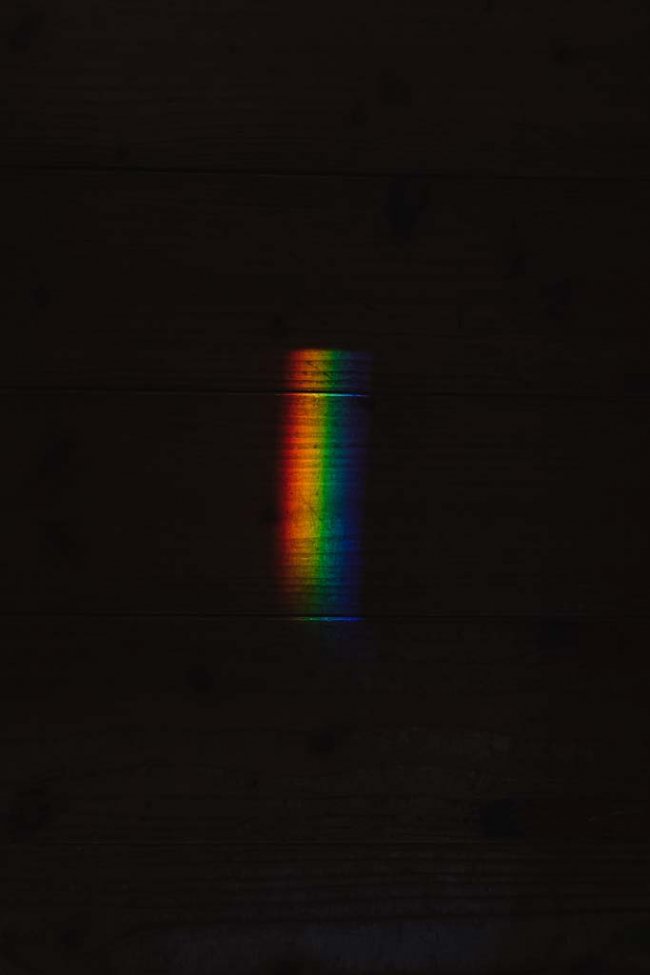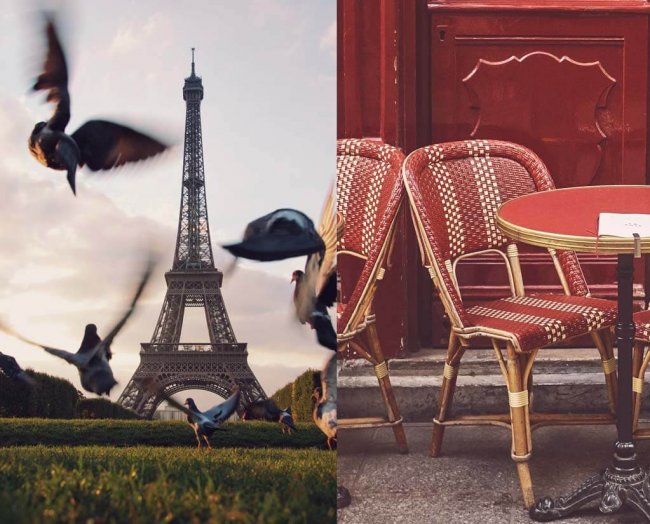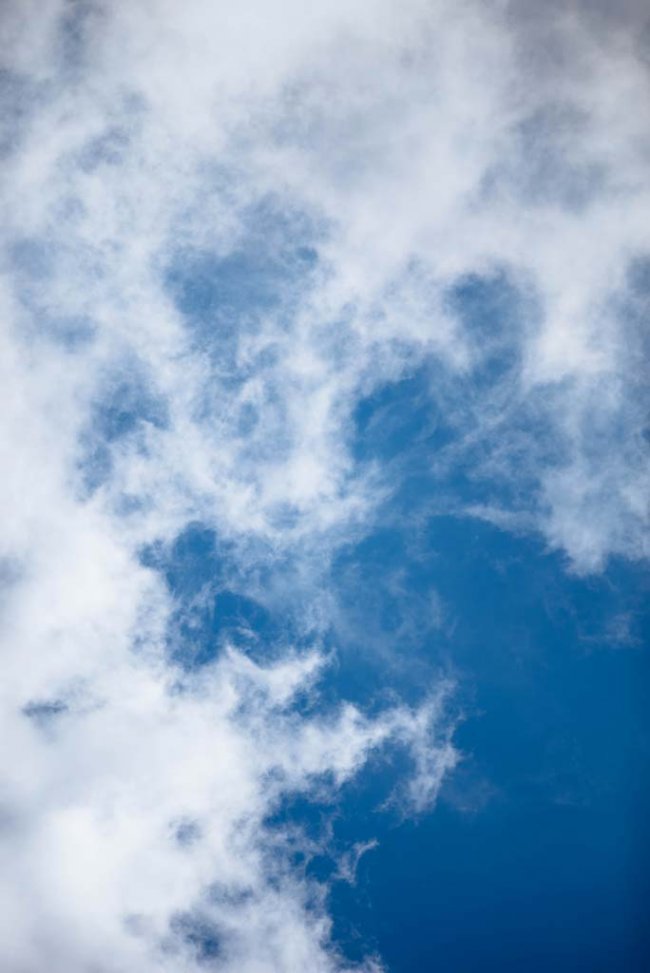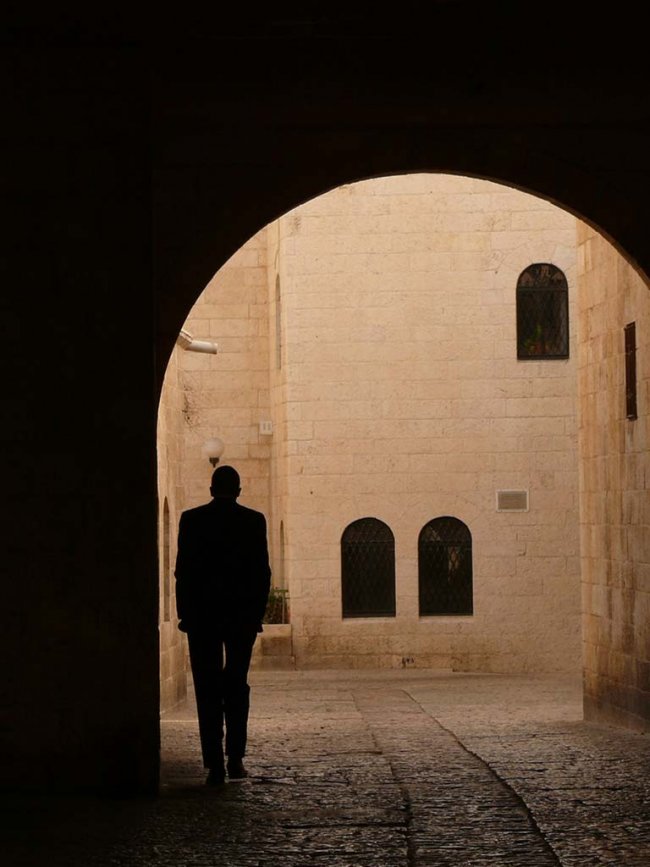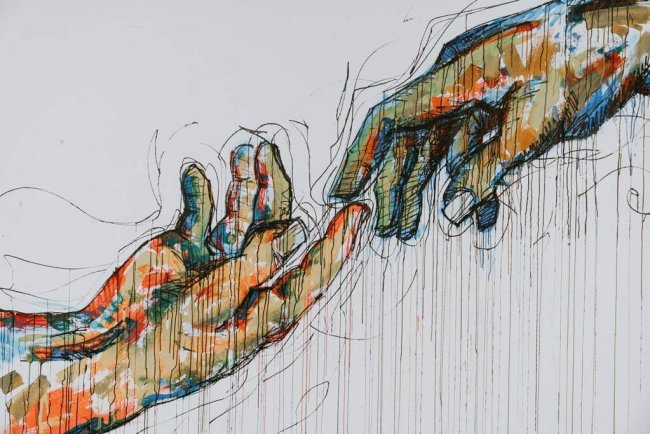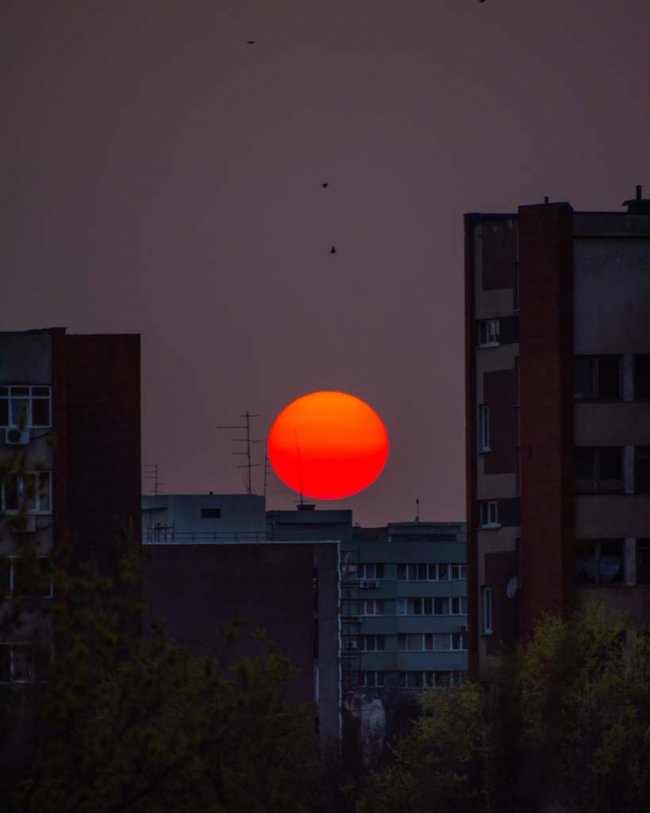THE GESTURE AND THE MEANING by Jacqueline Shatz
Jacqueline Shatz’s work has been included in exhibitions at the June Kelly, Monique Knowlton, and Kouros galleries in New York City, and she has curated and organized many exhibitions, including CollageLogic which was last presented in 2012 at Hampden Gallery at UMass in Amherst. She is a recipient of a NEA Individual Fellowship, a Craft Alliance New Techniques grant and several NYFA SOS grants. She has been artist-in-residence at the Kohler Arts/Industry program, where she created a series of music box sculptures and collaborated on sound and sculptural installations for Glyndor Gallery at Wave Hill and on Governors Island. She had a show at The Garrison Art Center in 2015.

